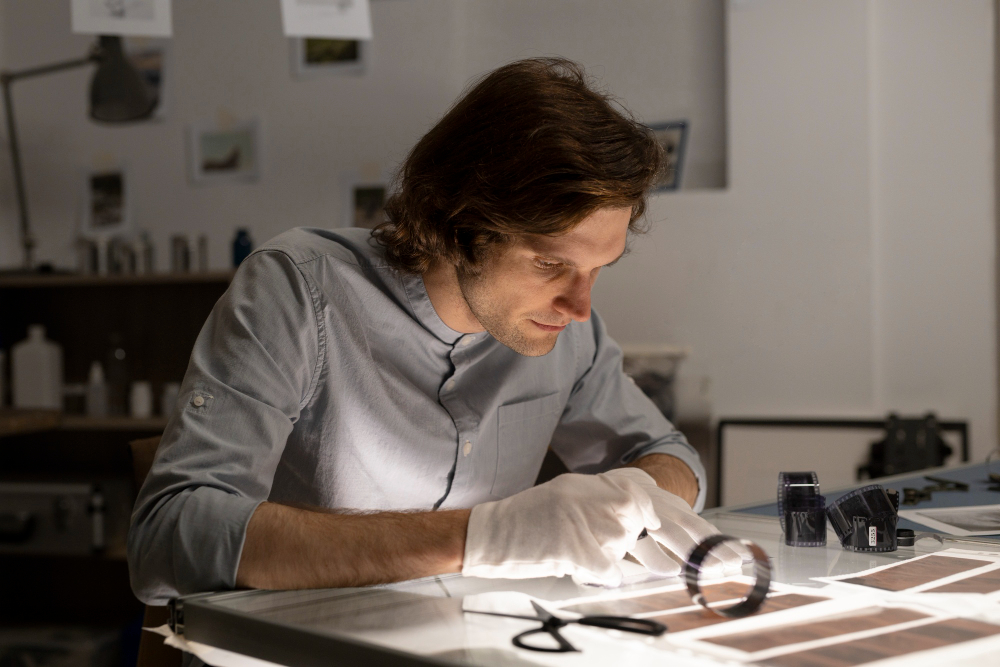
Marilyn Kroc Barg: A Legacy of Compassion and Community Impact
Marilyn Kroc Barg, born Marilyn Janet Kroc on October 15, 1924, in Chicago, Illinois, was the only child of Ray Kroc and his first wife, Ethel Janet Fleming. Wikipedia While her father’s name is synonymous with the global fast-food empire McDonald’s, Marilyn carved out her own path, distinguished by her deep commitment to philanthropy, the arts, and community service. Her life story is a testament to the power of compassion and the enduring impact of giving.
Early Life and Family Background
Growing up in Chicago during a period of significant social and economic change, Marilyn was exposed early on to the values of hard work and ambition. Her father, Ray Kroc, was a visionary businessman who transformed a small San Bernardino restaurant into the global McDonald’s franchise. However, Marilyn’s upbringing was not solely defined by her father’s business success. She was raised in an environment that emphasized kindness, humility, and the importance of contributing positively to society.
Marilyn’s mother, Ethel Janet Fleming, played a crucial role in shaping her character. While details about Ethel’s life are less documented, it’s evident that she instilled in Marilyn a sense of purpose and a desire to make a difference in the world.
Education and Personal Development
Although specific details about Marilyn’s formal education are limited, it’s known that she attended the University of San Diego. Her academic journey was marked by a keen interest in the arts and humanities, areas that would later become central to her philanthropic endeavors. Marilyn’s passion for horses and the arts was not just a personal interest but a reflection of her belief in the transformative power of creativity and culture.
Marriages and Family Life
Marilyn’s personal life was characterized by her two marriages. In 1949, she married Sylvester Nordly Nelson, a union that ended in divorce. In 1960, she remarried to Walter James Barg, a man who shared her interests in philanthropy and community service. Together, they had children, and Marilyn’s role as a mother further deepened her understanding of the challenges faced by families in need.
Passion for Horses and the Arts
Marilyn’s love for horses was more than a hobby; it was a lifelong passion that connected her to nature and provided a sense of peace and purpose. She was also deeply involved in the arts, supporting various cultural initiatives and artists. Her contributions to the arts were not just financial but also involved active participation and advocacy, demonstrating her belief in the importance of cultural enrichment in society.
Philanthropic Career and Social Impact
Marilyn’s most enduring legacy lies in her philanthropic work. She was instrumental in the founding of Ronald McDonald House Charities, an organization that provides housing and support for families with children undergoing medical treatment. Her involvement in this initiative was driven by her personal experiences and a deep empathy for families facing health crises.
Beyond her work with the Ronald McDonald House Charities, Marilyn supported various other causes, including education, healthcare, and the arts. She believed in a holistic approach to philanthropy, one that addressed the multifaceted needs of individuals and communities. Her contributions were not just financial; she invested time and energy into understanding the challenges faced by those she sought to help and worked tirelessly to create meaningful solutions.
Health Challenges and Untimely Death
Marilyn’s life was tragically cut short when she passed away on September 11, 1973, at the age of 48, due to complications from diabetes. Her untimely death was a significant loss to the philanthropic community and to all who knew her. Despite her relatively short life, Marilyn’s impact was profound, and her legacy continues to inspire those committed to making a difference in the world.
Financial Status and Legacy
While Marilyn inherited a portion of her father’s wealth, much of Ray Kroc’s fortune was directed elsewhere, particularly to his third wife, Joan Kroc, who became a renowned philanthropist in her own right. Nevertheless, Marilyn’s financial resources were used judiciously to support causes she was passionate about, ensuring that her legacy was not defined by wealth but by the positive change she fostered.
Lasting Legacy and Influence Today
Marilyn Kroc Barg’s life serves as a powerful reminder that true wealth is measured not by material possessions but by the impact one has on the lives of others. Her work with Ronald McDonald House Charities has touched the lives of countless families, providing them with comfort and support during challenging times. Her advocacy for the arts and education has enriched communities, fostering a culture of creativity and learning.
In a world often focused on individual success, Marilyn’s life exemplifies the profound difference one person can make through compassion, dedication, and a commitment to service. Her story continues to inspire individuals and organizations to approach philanthropy with empathy and a genuine desire to effect positive change.
Conclusion
Marilyn Kroc Barg’s legacy is a testament to the enduring power of kindness and the transformative impact of giving. Through her work, she demonstrated that true success lies not in personal achievements but in the ability to uplift others and contribute to the greater good. Her life reminds us that each act of compassion, no matter how small, has the potential to create ripples of positive change that extend far beyond our immediate circles.



















